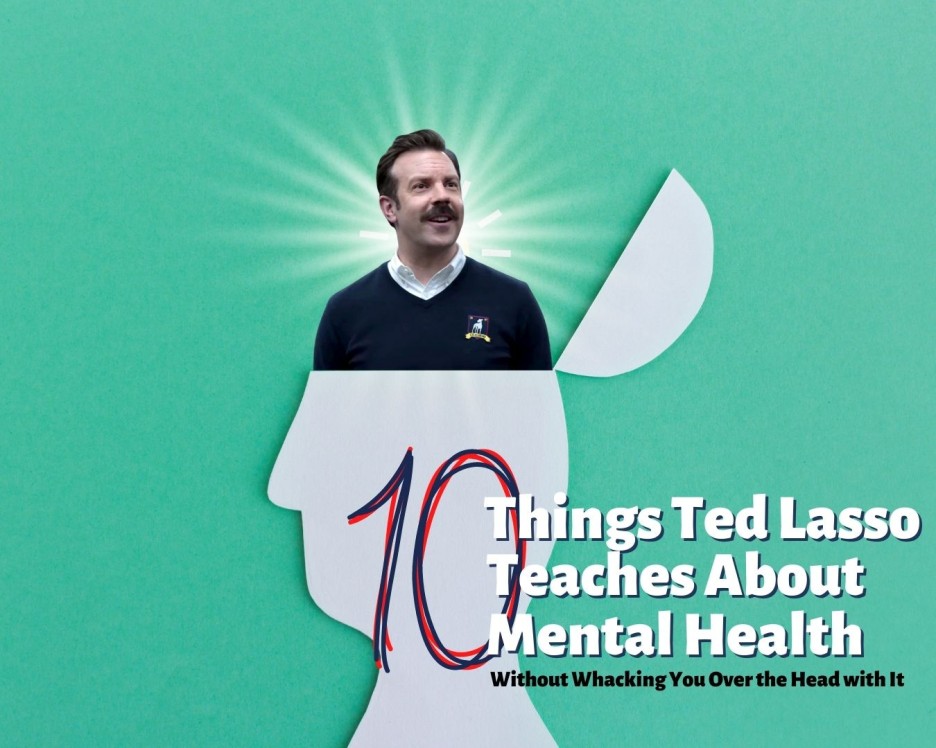Ten Things Ted Lasso Teaches About Mental Health Without Whacking You Over the Head with Them

Ten Things Ted Lasso Teaches About Mental Health Without Whacking You Over the Head with It
Ted Lasso, an Apple TV show that follows an American coach of the Richmond Football Team, is hailed by many as a joyful reprieve from the doom and gloom that has covered the past year and a half— insert pandemic here. However, the series is more than an optimism overload. Many point out that the show champions the importance of mental health, empathy, and growth without hitting it's viewers over the head. Here are some things Ted Lasso teaches about dealing with mental health. (It's also filled with spoilers, so maybe catch up and read through!)
© 2026 Enstarz.com All rights reserved. Do not reproduce without permission.
Join the Discussion






